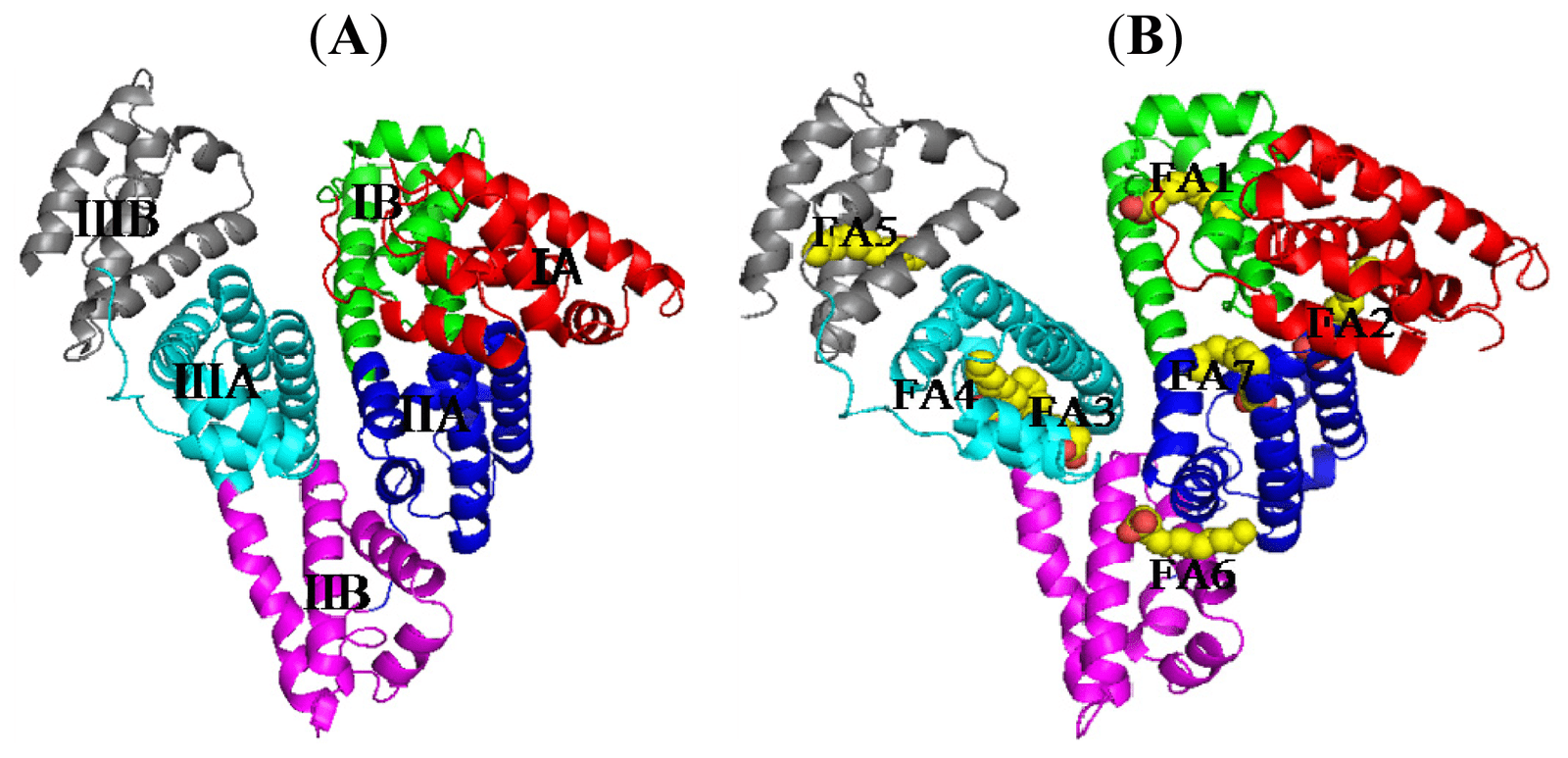Post dural puncture headache (PDPH)
As an anesthesiologist, it’s essential to delve into the intricacies of post dural puncture headache (PDPH), also referred to as post lumbar puncture headache. This common complication arises following diagnostic lumbar punctures, spinal anesthesia, and unintended dural punctures during epidural catheter placements. PDPH is characterized by its distinctive positional nature – intensifying in an upright … Read more










